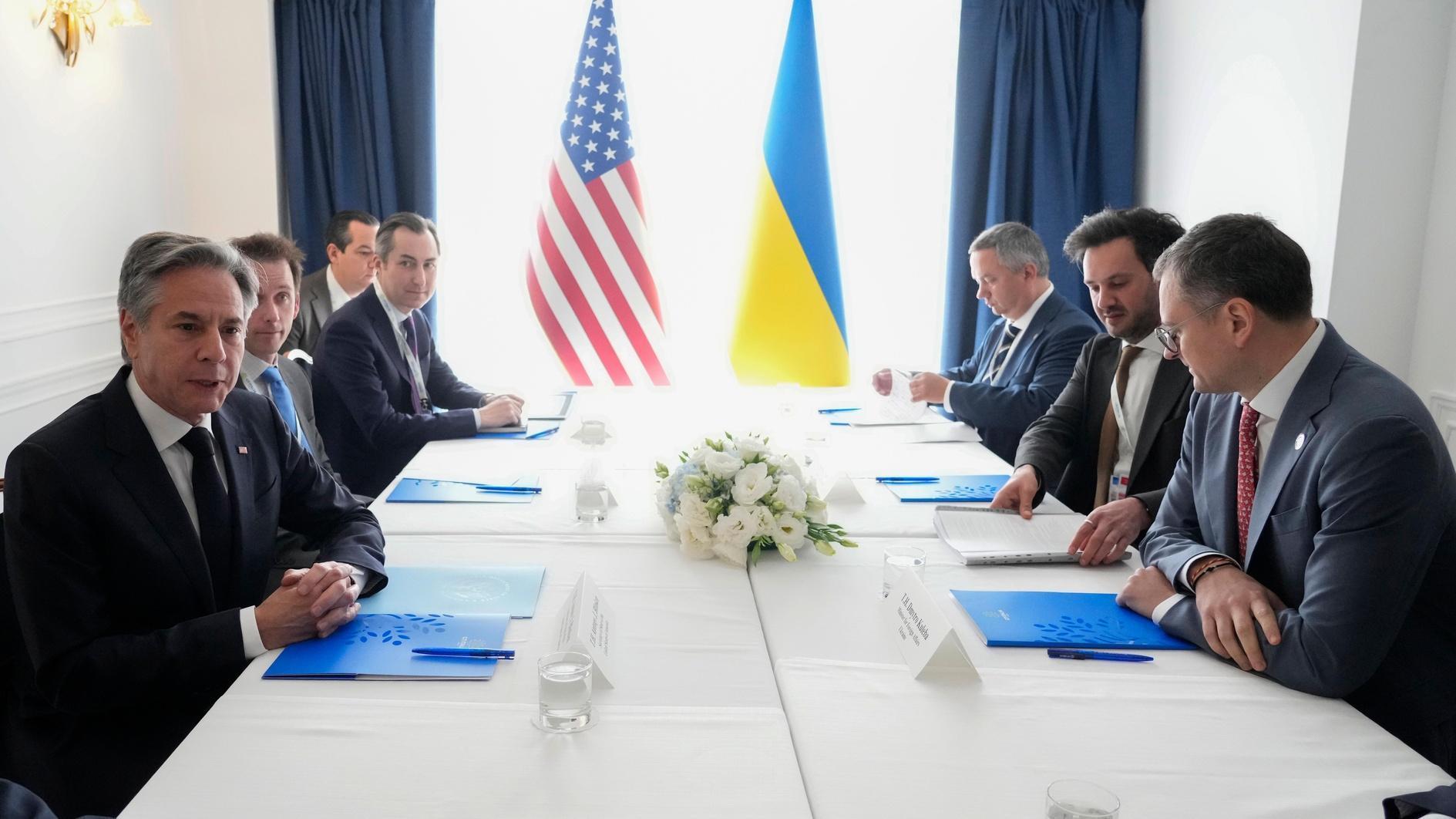Confusion in Ankara
Hours after Turkish Prime Minister Ahmet Davutoğlu pointed at the Islamic State of Iraq and the Levant (ISIL) as the prime suspect in the Ankara twin bombings on Oct. 10 which claimed the lives of at least 97 people (some who were heavily wounded are still in critical condition) the United States started on Oct. 12 to air drop 27 container loads of weaponry to the armed forces of the Syrian-Kurdish Democratic Union Party (PYD) to be used in the next advance on the ISIL stronghold of Raqqa in Syria.
Yesterday, on Oct. 13, Turkey strongly protested the U.S., its ally in NATO and in the coalition against ISIL for giving arms to the PYD. A similar protest was to be given to Russia because of announcing the PYD as a legitimate force in Syria against ISIL. Davutoğlu told a group of journalists yesterday in Ankara that if those weapons given by the U.S. to Syrian Kurds were to be used against Turkey, that would have serious consequences. It is not a secret that the PYD is affiliated with the outlawed Kurdistan Workers’ Party (PKK), which has been carrying out an armed campaign against Turkey since 1984 that has claimed some 40,000 lives so far. Despite that, the Turkish government has not listed the PYD as a “terrorist organization” officially, though President Tayyip Erdoğan and PM Davutoğlu have said numerous times that they consider the PYD to be one. Erdoğan said that he considered the PYD to be the same as ISIL and the regime of Syrian President Bashar al-Assad.
That has been a growing difference in the stances between Ankara and Washington. Erdoğan insists that a joint effort should focus on all of them and he is almost the only leader to say that. The rest think in a first-things-first manner and consider ISIL the immediate threat on which all the forces should concentrate.
Russia and the U.S. agree on ISIL being the first target but differ on the aftermath. Barack Obama of the U.S. thinks a new Syria would not be possible under al-Assad any longer, but at the same time he sees that it is difficult to attract all opposition groups to focus on ISIL while al-Assad holds power. Vladimir Putin of Russia, together with Hassan Rouhani of Iran, is a staunch supporter of al-Assad.
After the colossal failure of - probably the last - train-and-equip program of the so-called “moderate” Islamist forces against al-Assad, the U.S. managed to convince a group of Arab forces to team up with the PYD to walk on Raqqa and that is the point where Erdoğan and Davutoğlu became infuriated.
Despite declaring ISIL the prime suspect of the bombing, people close to government circles have been spreading the thesis for the last two days that even if the attackers were found out to be ISIL members, that would not necessarily mean it was only ISIL who attacked the peace rally in the Turkish capital; it may well be that the PYD or the PKK had collaborated with ISIL, the very enemy they have been fighting for the last two years in Syria. There is no substantiation to the thesis except from the assumption that both are terrorist organizations and both are against the Turkish government, so they could have acted together.
That thesis may sound crazily out of proportion, but it is just a reflection of the confusion in Ankara. There are still people there who think if they could tell people that all enemies of the Turkish government have united, then Kurds would not vote for the Peoples’ Democratic Party (HDP) so that it could not exceed the 10 percent threshold in the Nov. 1 reelections, like they did on June 7, could not send deputies to parliament and Davutoğlu’s Justice and Development Party (AK Parti) would regain power in parliament, stay in power and not object to Erdoğan ruling the country single-handedly, even without bothering to change the constitution.
This has already turned into a dangerous power game. And if it escalates by a PYD advance on Jarabulus for example, instead of Raqqa, putting fuel on Turkey’s concerns about a Kurdish strip along its southern borders, a military intervention should not be totally ignored, which could jeopardize the elections in Turkey as well. That would really be a worse scenario for Turkey and the region.











